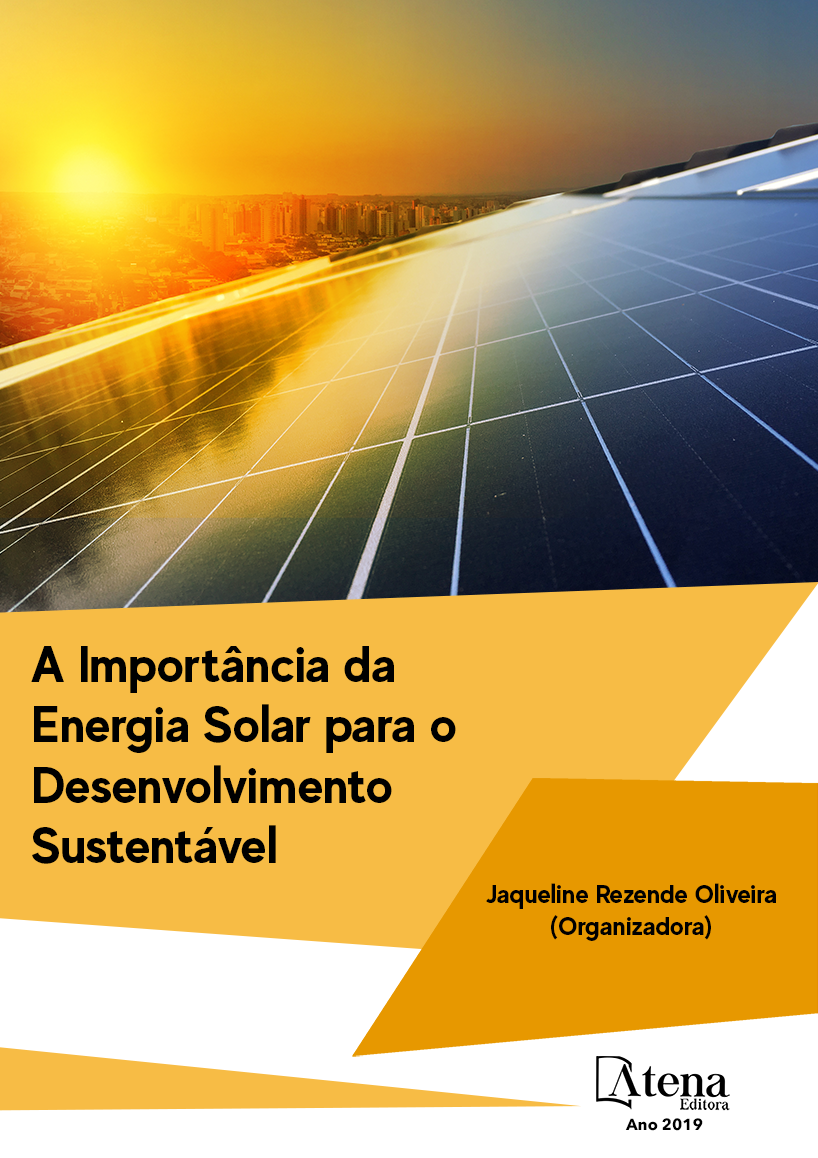
DISEÑO DE SISTEMAS HIBRIDOS FV-H2
Los sistemas integrados FV-H2
pueden desempeñar un papel efectivo para el
suministro de energía distribuida en aplicaciones
que requieren almacenamiento estacional con
dispositivos compactos y estables. Su principal
ventaja es la posibilidad de almacenar la
energía excedente vía electrolisis (H2) para su
uso en pilas de combustible. Se presenta un
método de diseño de sistemas híbridos FV-H2
que considera los datos climatológicos y las
variables eléctricas de los componentes para
realizar balances de energía y evaluar el sistema
en términos de requisitos de demanda, niveles
de energía almacenada y costes resultantes.
La energía suministrada por estos sistemas
costaría aprox. lo mismo que los precios
pagados por clientes domésticos, pero tienen el
mérito de ser autónomos y el H2 la capacidad
de almacenamiento estacional evitando
restricciones de electrificación y limitaciones de
otros almacenamientos a corto plazo.
DISEÑO DE SISTEMAS HIBRIDOS FV-H2
-
DOI: 10.22533/at.ed.0031903096
-
Palavras-chave: Sistemas Híbridos, Energía Solar, Hidrógeno, Electrolisis
-
Keywords: Hybrid Power Systems, Solar Energy, Hydrogen, Electrolysis
-
Abstract:
The integrated systems built
with PV and H2 could play an effective role in
implementing a distributed energy supply in
applications that require seasonal storage with
compact, long life and low maintenance devices.
The main advantage is the possibility of surplus
energy storage by means of an electrolyzer
which transforms electricity into H2 that can
be used in fuel-cells. This work concerns a
methodology to design PV-H2 hybrid systems
that considers the weather data and the electrical
variables of the components to perform energy
balances and assess the system in terms of the
load requirements, the levels of energy stored
and the resulting costs. The energy supplied
by these systems costs roughly the same as
power prices paid by domestic customers,
but they have the merit of being autonomous
and H2 has the capacity for seasonal energy
storage avoiding electrification constraints and
limitations of short-term storages.
-
Número de páginas: 15
- Fernando Gutiérrez-Martín


